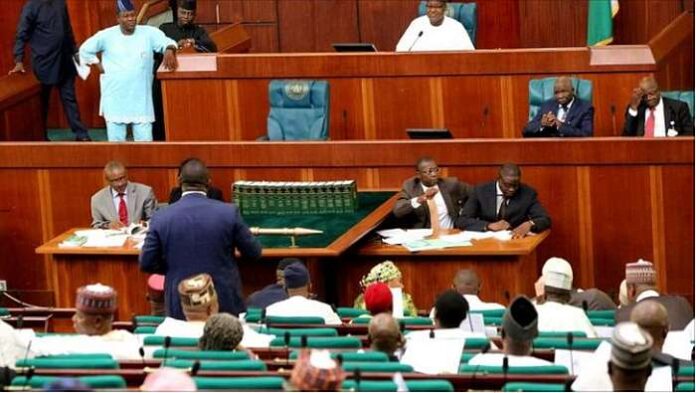The House of Representatives Committee on University Education has called for salary increments for primary, secondary and university teachers.
The Chairman of the Committee, Abubakar Fulata, made the call on Thursday at a One-Day National Stakeholders’ Workshop on the Development of a Roadmap for the Nigerian Education Sector (2023-2027), in Abuja.
He however proposed N250,000, N500,000 and N1 million monthly salary, respectively, for primary, secondary and university teachers.
Fulata who said that it is important to encourage Nigerian teachers by paying them adequately, also stressed the need to translate all subject textbooks into local languages so as to catch up with the world.
According to him, efforts by past administrations to address challenges in the education sector did not yield the desired results.
“It is a thing of concern that for decades, several efforts on policies made by successive governments to resuscitate and improve the education sector and those efforts have continued to create very little progress.
“All over the world, the subject of the language of instruction has always been the local language of those countries.
“If you go to the UK, education is taught in English.
If you go to France, education from the basic level up to the tertiary level is taught in French.
“It is in Nigeria that you teach the language of instruction in English.
Our problem has always been that we are teaching our children subjects they ought to have been taught in their local language.
“All Mathematical, Physics, Chemistry textbooks and what have you should be in our local languages.
There is no way we can catch up with the world if we continue teaching our children in a foreign language.
“No primary school teacher should earn less than N250,000 in a month, no secondary school teacher should earn less than N500,000 and no university teacher should earn less than N1 million in a month.
“The nation must declare a state of emergency in education.
We must commit at least 25 per cent to 30 per cent of our national budget to education.
“It is high time we pay them adequately so that they can teach our children,” he said.
![]()



